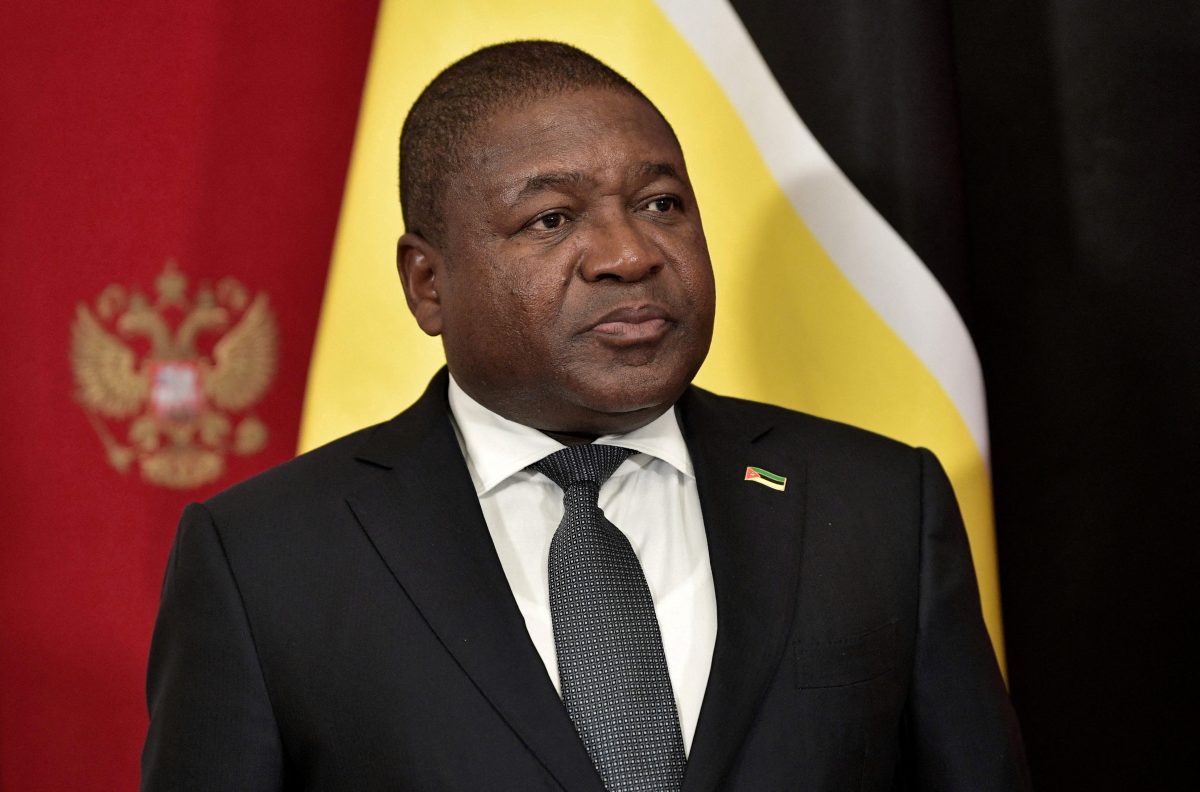LONDON, (Reuters) – Mozambican President Filipe Nyusi cannot be sued in Britain over allegations he accepted unlawful payments as part of Mozambique’s litigation over the decade-long “tuna bond” scandal, London’s Court of Appeal ruled on Thursday.
Emirati-Lebanese shipbuilder Privinvest wanted to drag Nyusi into a $3.1-billion lawsuit brought by Mozambique, which accuses it of paying bribes to officials and Credit Suisse bankers.
London’s High Court has yet to rule on the case following a trial last year. Mozambique settled with Credit Suisse’s new owner UBS UBSG.S on the eve of the trial in October.
Shortly before last year’s trial began, the High Court ruled that Nyusi had not been properly served with Privinvest’s lawsuit and that he was entitled to immunity as a head of state.
Privinvest had wanted to sue Nyusi for allegedly accepting $11 million in unlawful campaign payments from Privinvest, which says the payments were lawful.
The company says that if the court finds the payments unlawful, Nyusi should contribute to any damages it may be ordered to pay.
But the Court of Appeal ruled on Thursday that Nyusi was not properly served with the case.
Judge Julian Flaux also said in a written ruling that Nyusi “has immunity from the jurisdiction of the English courts whilst he is the head of state of Mozambique”.
Nyusi’s lawyer Simon Bushell, senior partner at Seladore Legal, welcomed the ruling, saying in a statement: “Today’s victory puts a stop to Privinvest’s most recent attempt to make the President contribute to any liability he may face in the wider dispute.”






